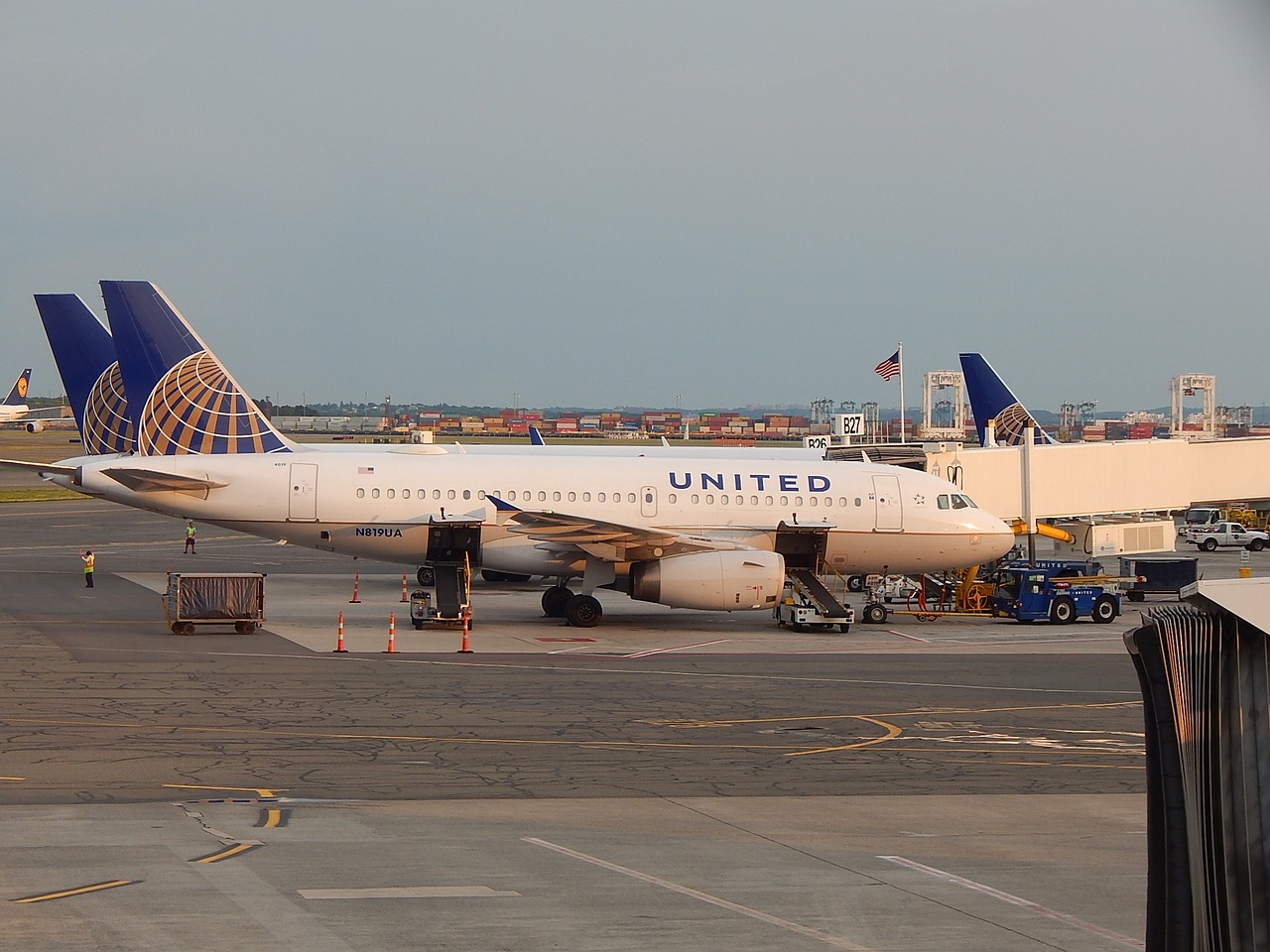
Shocking videos of a man being bloodied and dragged screaming off an overbooked United Express flight have inspired some people to query their rights when flying America’s increasingly crowded skies.
Airlines often sell more seats than they have available, counting on some ticket holders not to show up for boarding. This is legal and economically sound: Departing with an empty seat is lost revenue for the airline. Passengers agree to this condition in the airline’s contract of carriage – the fine print few people read when they purchase a ticket.
But under federal rules, before denying anyone a seat the airline must seek volunteers willing to fly later and pay them compensation in the form of cash or flight vouchers. It is unclear how United selected the man it booted off its April 2017 flight to Louisville, Kentucky. (The CEO called him “belligerent”.)
The compensation and other aspects of operating an airline are regulated in the United States by the Department of Transportation. In 2009, the DOT issued a set of rules that outline everything from how long a plane can sit on the tarmac before takeoff to the rights of that unlucky United passenger. The rules, which were updated in 2011, even address peanut allergies (that year peanut growers vigorously and successfully defeated a measure that would have prohibited airlines from offering packets of toasted peanuts onboard). Here are the terms of compensation for domestic passengers:
Passengers traveling between points within the United States (including the territories and possessions) who are denied boarding involuntarily from an oversold flight are entitled to: (1) No compensation if the carrier offers alternate transportation that is planned to arrive at the passenger’s destination or first stopover not later than one hour after the planned arrival time of the passenger’s original flight; (2) 200% of the fare to the passenger’s destination or first stopover, with a maximum of $650, if the carrier offers alternate transportation that is planned to arrive at the passenger’s destination or first stopover more than one hour but less than two hours after the planned arrival time of the passenger’s original flight; and (3) 400% of the fare to the passenger’s destination or first stopover, with a maximum of $1,300, if the carrier does not offer alternate transportation that is planned to arrive at the airport of the passenger’s destination or first stopover less than two hours after the planned arrival time of the passenger’s original flight.
And for international passengers:
Passengers traveling from the United States to a foreign point who are denied boarding involuntarily from an oversold flight originating at a U.S. airport are entitled to: (1) No compensation if the carrier offers alternate transportation that is planned to arrive at the passenger’s destination or first stopover not later than one hour after the planned arrival time of the passenger’s original flight; (2) 200% of the fare to the passenger’s destination or first stopover, with a maximum of $650, if the carrier offers alternate transportation that is planned to arrive at the passenger’s destination or first stopover more than one hour but less than four hours after the planned arrival time of the passenger’s original flight; and (3) 400% of the fare to the passenger’s destination or first stopover, with a maximum of $1,300, if the carrier does not offer alternate transportation that is planned to arrive at the airport of the passenger’s destination or first stopover less than four hours after the planned arrival time of the passenger’s original flight.
The full DOT rulebook is here. (A 2011 announcement explaining provisions that superseded the 2009 rules is here.)
Technically, the United passenger was deplaned, rather than denied boarding. The DOT rulebook does not address deplaning for a reason other than the delay of a whole aircraft. But the Refusal of Transport provision in United’s contract of carriage may have given the airline authority to bump him after he was seated.
Other resources:
While the DOT regulates airlines, the Federal Aviation Authority (FAA) certifies aircraft flight-worthiness, operates control towers and manages other aspects of aviation safety in the U.S.
Other countries have their own regulators. In the European Union, Regulation 261/2004 outlines compensation due to passengers who are bumped from a flight or otherwise inconvenienced.
A number of airline industry associations study markets, discuss policy affecting the sector, and lobby governments to relax regulations. They include the International Air Transport Association, Airlines for America, the Regional Airline Association and the National Air Carrier Association.
In April 2017, following the scandal at United, The Economist found the Chicago-based carrier bumps more passengers than any other American airline.
